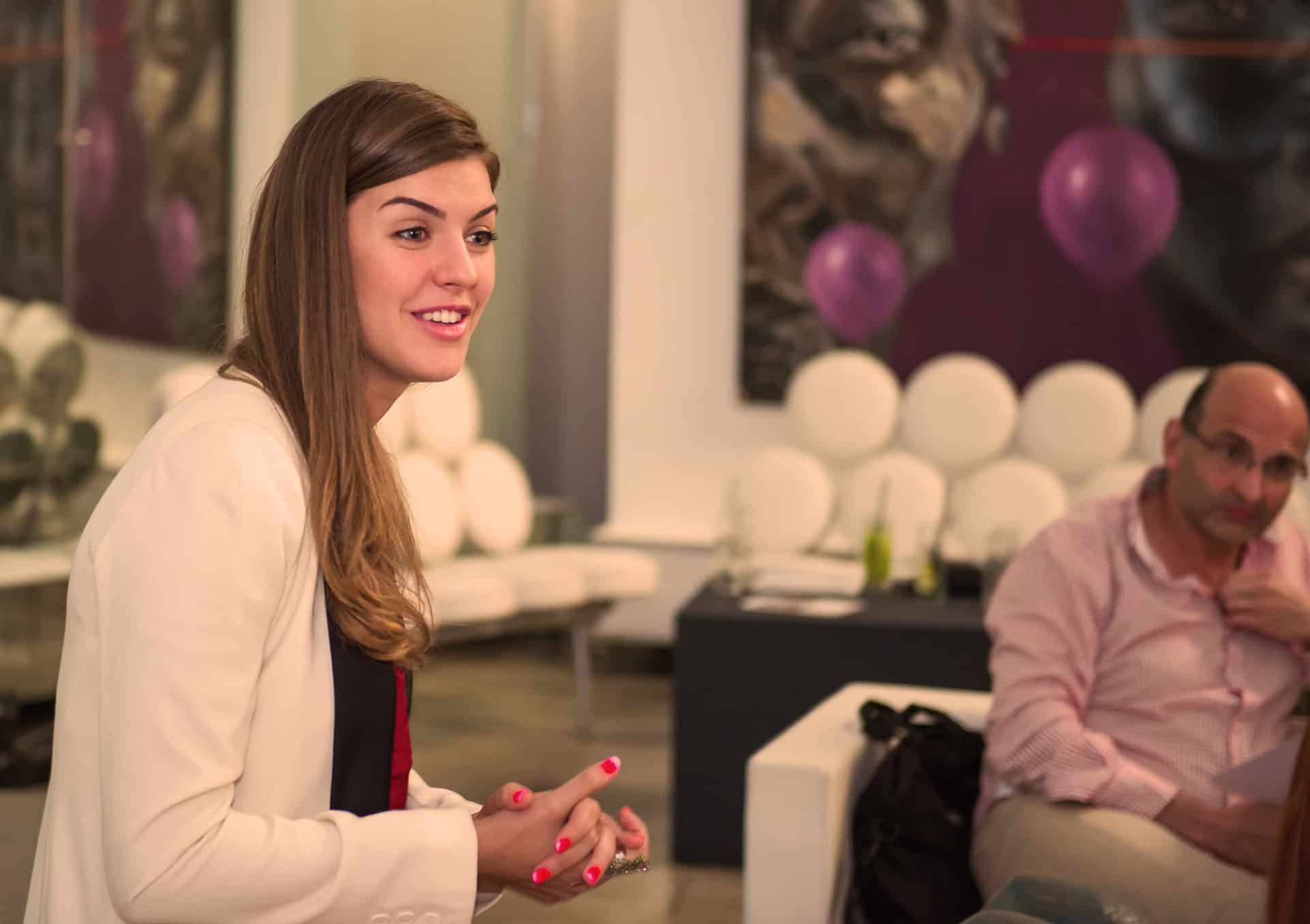DUBAI, UAE — Women’s empowerment in the Arab region is an ongoing and complex process, with progress being made in some areas while others continue to face significant challenges. Empowering women through platforms that allow them to tell their stories and express their opinions is crucial in achieving gender equality and creating a more inclusive society.
Elissa Freiha, an Emirati of Lebanese and American descent, founded Womena about a decade ago with the same goal in her mind. The platform produces original content featuring women change makers. It is a place where women can express themselves and reflect the motivation, determination, and ambition of all women striving to become active members of society and builders of their country.
Freiha had created it in 2013 after returning from Paris and recognizing the importance of having a space for empowering women and acknowledging the disparities that existed between men and women in society.
“We wanted to highlight the incredible role models already there and give them a platform to amplify their voices and efforts because we weren’t seeing a real reflection of what Arab women are today and the reality of the world around us. So that was our goal for a while, and we achieved it; we then began telling our stories in a much more insightful manner, and we normalized the exposure and ability of other platforms to begin telling these women’s stories,” Freiha said.
While Womena’s initial focus was storytelling and highlighting role models that were not being represented in the media, their goal has now shifted to more action-oriented content that provides their audience with actionable advice. Womena also creates content that addresses taboo topics and brings them up for discussion in an honest and relatable way to encourage conversations with likeminded communities and hopefully result in changes in people’s lives.
Freiha believes that women in the Arab world have the power to empower one another, and it is crucial to recognize that many of the difficult, crazy, and terrifying things have already been accomplished by amazing women who have blazed the trail for the next generation.
She advises women to pick and choose which traditions they want to honor and which societal expectations they feel are authentic to them and to seek out communities like Womena that will support them in making choices that are true to themselves.
Womena is not the only women’s platform in the region dedicated to conveying and supporting women’s voices. Many other platforms have already been launched, such as She is Arab, which was launched in 2019 in the UAE as a dedicated speakers’ platform for Arab women, and the Dubai Foundation for Women and Children (DFWAC), the first licensed non-profit shelter in the UAE for women and children’s victims of domestic violence.
The Arab Institute for Women (AiW) is another well-known institute that has been advancing women’s rights and gender equality in the Arab world and around the world since 1973. It engages in a unique combination of education, research, development programs, and outreach with a focus on issues affecting Arab women.








